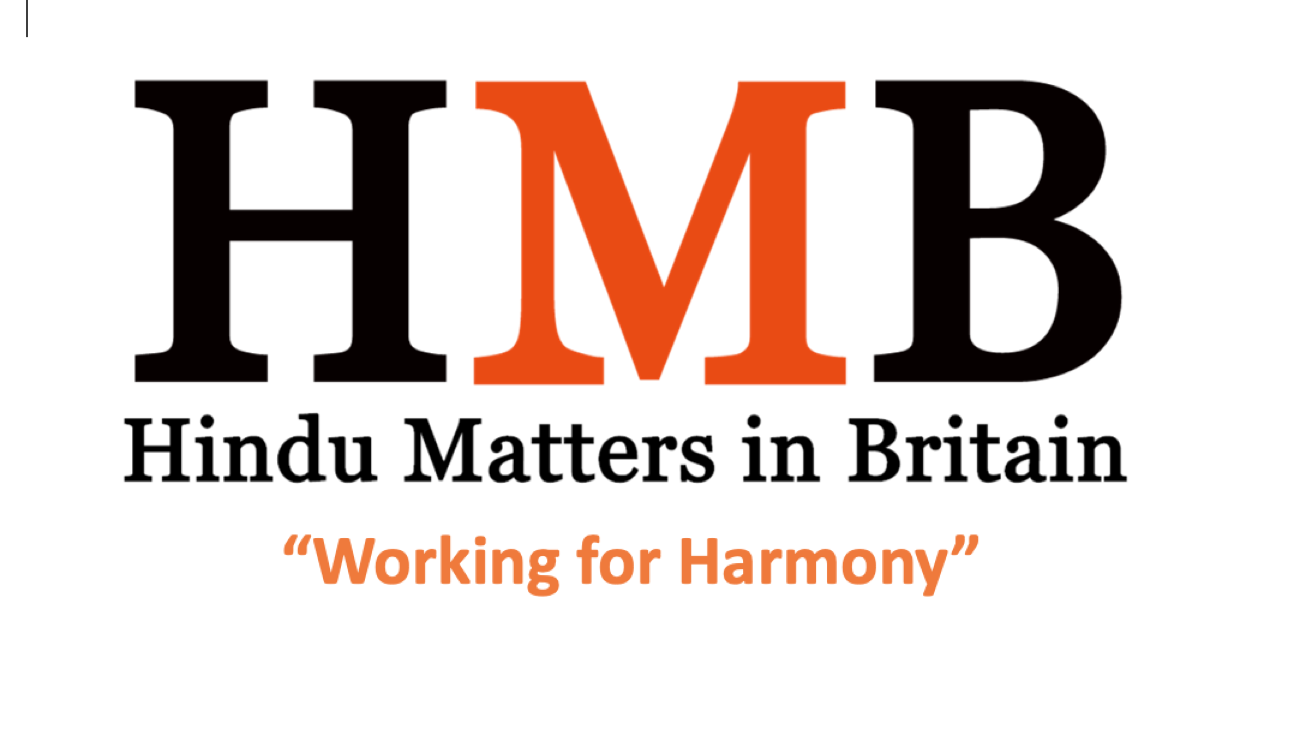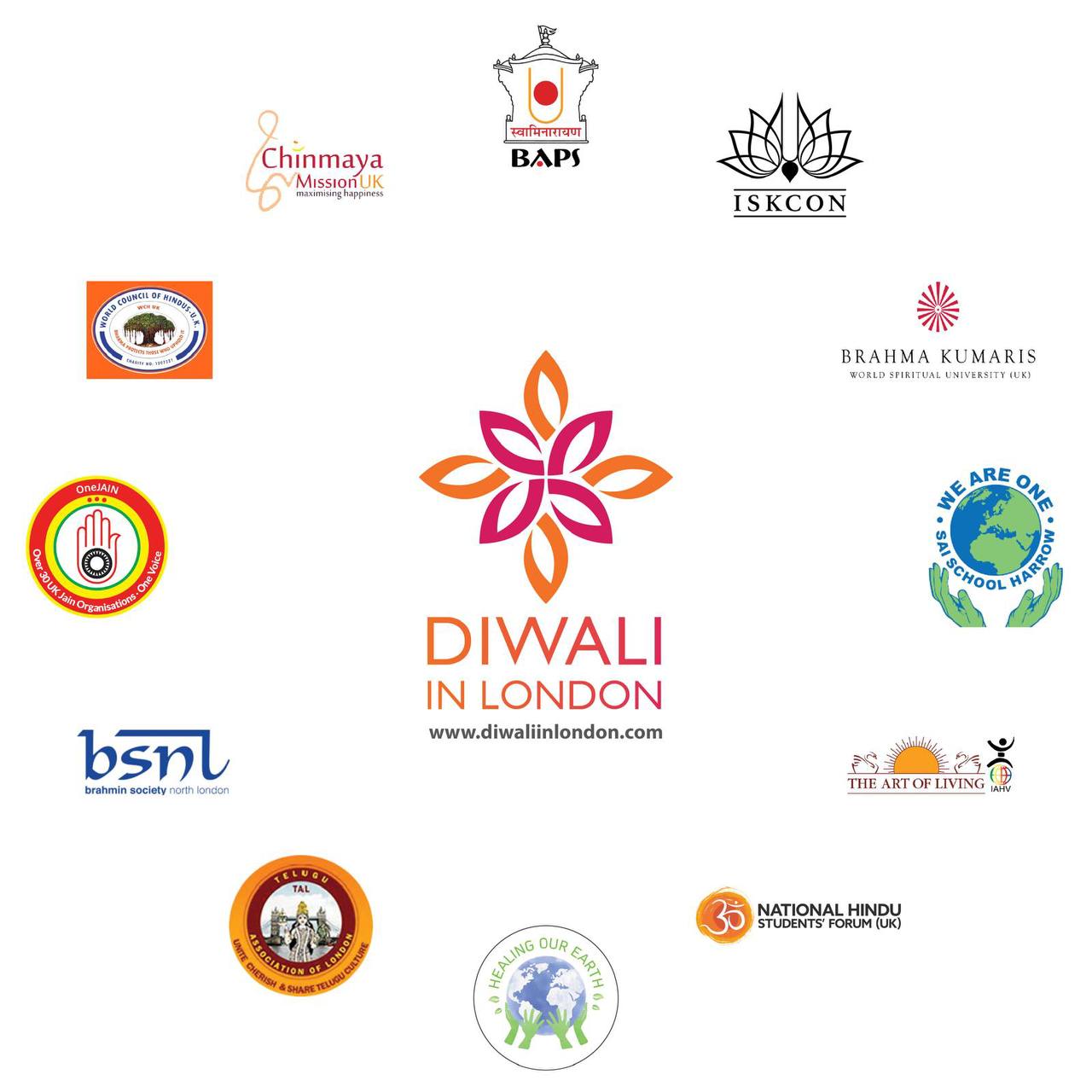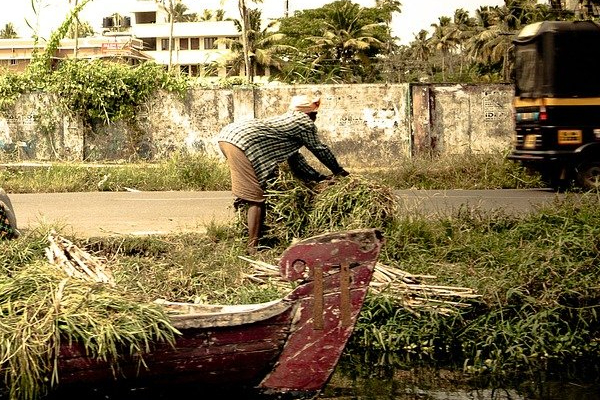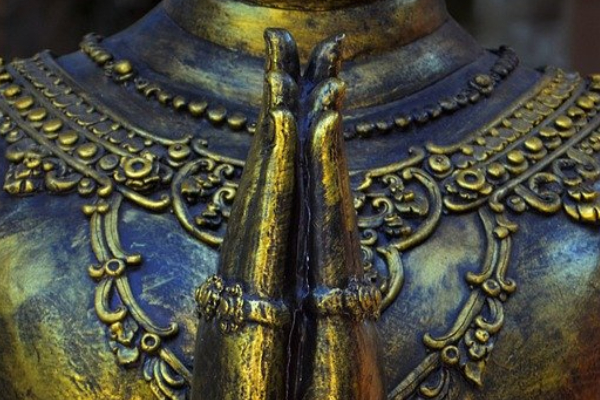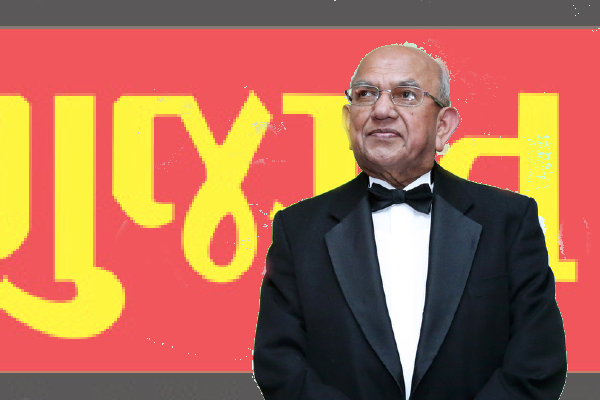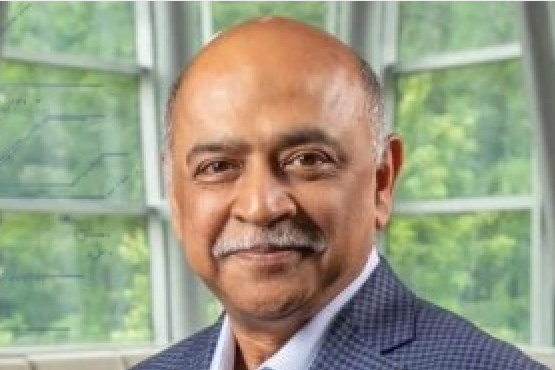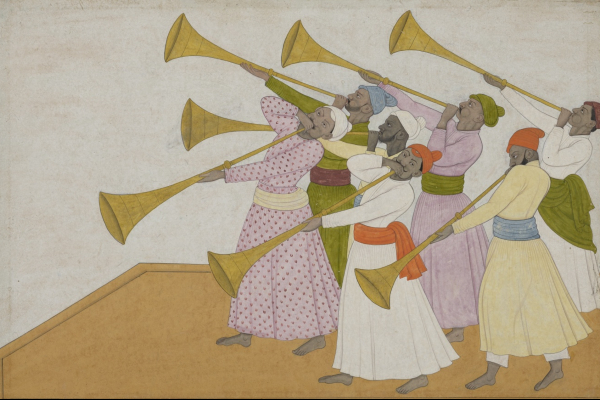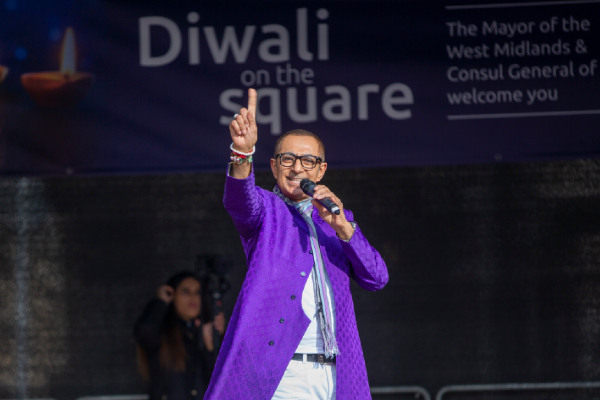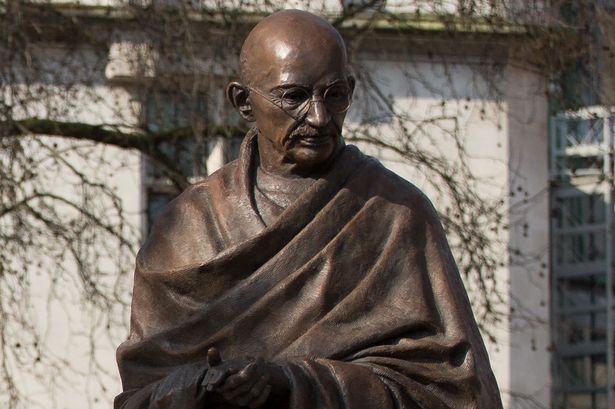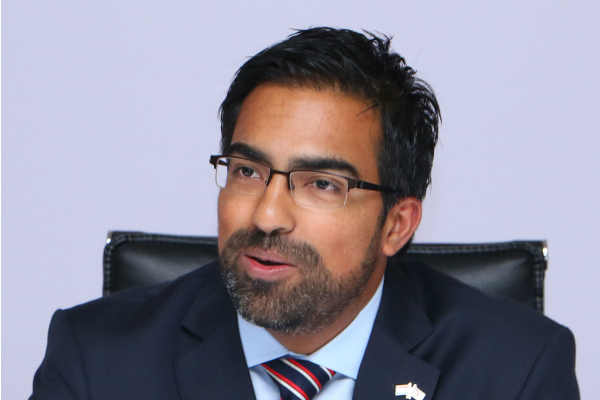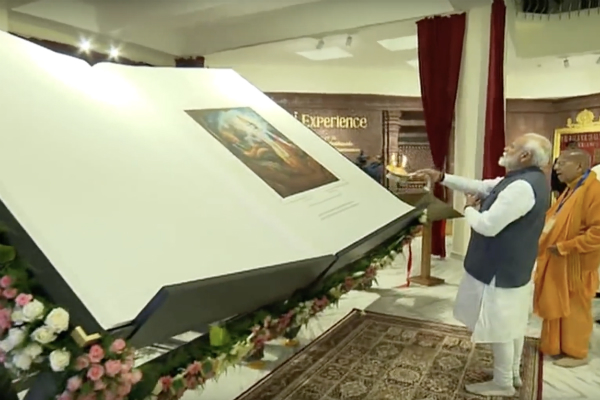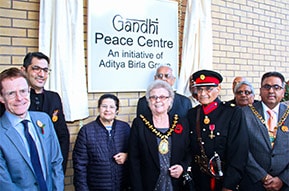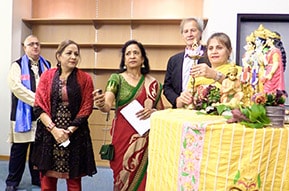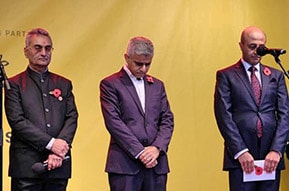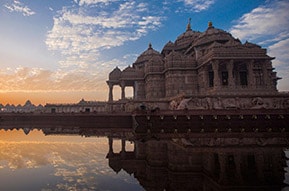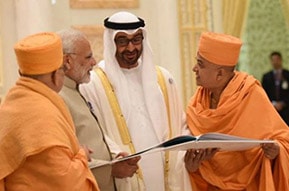Accelerating Funeral Arrangements: Key Factors Across UK Religious Communities and Strategic Action Plan for Enhancing Hindu Funeral Services
Accelerating Funeral Arrangements: Key Factors Across UK Religious Communities and Strategic Action Plan for Enhancing Hindu Funeral Services
In the UK, the differences in the time it takes to facilitate funerals among various religious groups often come down to specific religious practices, community structures, and logistical considerations.
Jewish and Muslim Funerals
- Religious Practices: Both Judaism and Islam place a strong emphasis on burying the deceased as soon as possible, ideally within 24 hours. This urgency stems from religious texts and traditions. In Judaism, it is considered a mitzvah (commandment) to bury the dead promptly. Similarly, in Islam, it is believed that the soul's journey begins once the body is buried, so a swift burial is preferred.
- Community Support: Both Jewish and Muslim communities often have well-established community organizations and networks dedicated to facilitating quick burials. These organizations, such as Chevra Kadisha in Jewish communities and various Islamic funeral services, work closely with hospitals, mortuaries, and local authorities to expedite the process.
- Pre-Planning: Many Jewish and Muslim families may engage in pre-planning for funerals, which can include having plots pre-purchased, paperwork prepared, and funeral homes on standby. This pre-planning significantly reduces the time required to organize a funeral after death.
- Simpler Ceremonies: The funeral rites for both religions tend to be simpler and more straightforward. There are fewer embellishments and rituals that can delay the process, focusing instead on immediate burial.
Christian, Hindu, and Sikh Funerals
- Religious and Cultural Practices: Christian, Hindu, and Sikh funerals often involve more elaborate ceremonies and rituals. For instance, Christians might hold wakes, viewings, and memorial services, while Hindu and Sikh funerals may include extended rites such as the reading of scriptures and specific rituals performed by priests.
- Scheduling Services: The need to schedule church services, book venues, and gather family members from potentially far-flung locations can add to the delay. In many Christian denominations, the clergy’s availability can also affect timing.
- Paperwork and Administration: The administrative process can sometimes take longer. For instance, obtaining death certificates, arranging for cremation (common in Hindu and Sikh traditions), and other bureaucratic steps can cause delays.
- Family Preferences and Traditions: Many families may choose to delay the funeral to allow for relatives and friends to travel and gather, especially if they are spread out geographically. This can be particularly relevant in communities with strong ties to their homeland, leading to funerals being scheduled days or even weeks after the death.
- Availability of Funeral Services: Christian, Hindu, and Sikh funerals often involve the use of specific facilities such as churches, gurdwaras, or crematoriums. The availability of these facilities and the scheduling around other events can also impact timing.
Certification of the Cause of Death
The issuance of a Medical Certificate of Cause of Death (MCCD) may take longer for cremations compared to burials under certain circumstances. These include situations where:
- No doctor attended the deceased during their last illness.
- Although a doctor attended during the last illness, the deceased was not seen either within 28 days before death or after death. In such cases, it may still be possible for a doctor to complete an MCCD, but ideally, the death should be notified to the coroner before it is registered.
- The cause of death appears to be unknown, such as in cases of sudden death at home.
- The death occurred during an operation or before recovery from the effects of an anaesthetic.
- The death occurred at work or was due to industrial disease or poisoning.
- The death was sudden or unexpected.
- The death was unnatural.
- The death was due to violence or neglect.
- The death occurred under suspicious circumstances.
- The death occurred in prison, police custody, or other state detention.
Aum (Denham) Crematorium
- Building work began in August 2023 on the first-ever dedicated, state-of-the-art Hindu Crematorium in the UK, funded by a multi-million-pound investment.
- The crematorium is being constructed on 15 acres of land belonging to the Anoopam Mission UK (Swaminarayan Temple) located at The Lea, Western Avenue, Denham, Uxbridge, UB9 4NA, UK.
- Planning permission was granted with several conditions, including the construction of a new access road and the provision of additional power supplies.
- Fundraising efforts to support the project are ongoing and more information can be found at aumcrematorium.org/fundraising.
Summary
The facilitation of funerals in the UK varies significantly among different religious communities due to specific religious practices, community structures, and logistical considerations. Jewish and Muslim funerals are typically conducted quickly, often within 24 hours, due to religious imperatives, strong community support networks, and simpler funeral rites. In contrast, Christian, Hindu, and Sikh funerals may take longer due to more elaborate ceremonies, logistical considerations, family traditions, and sometimes administrative processes.
The certification of the cause of death (MCCD) can also impact the timing of funerals, particularly for cremations. Various circumstances, such as the absence of a doctor during the deceased's last illness, unknown causes of death, or deaths occurring under suspicious circumstances, can delay the issuance of an MCCD, thereby affecting the timing of the funeral.
The ongoing development of the Aum (Denham) Crematorium, the first dedicated Hindu crematorium in the UK, highlights efforts to better accommodate Hindu funeral practices. Building work began in August 2023 on the 15-acre site of the Anoopam Mission UK in Denham, Uxbridge. The project, funded by a multi-million-pound investment, is subject to conditions including the construction of a new access road and additional power supplies. Fundraising efforts continue to support this significant development.
Understanding these differences and challenges is crucial for improving funeral services and ensuring that the needs of all religious communities are met promptly and respectfully.
2016 May: UK Parliament considers delays between death and burial or cremation.
Here is a suggested Action Plan for Hindu Organizations in the UK to Create Effective Community Organizations for improving Hindu funeral services and ensuring that the needs of all Hindus are met promptly and respectfully
1. Raise Awareness:
- Educational Workshops and Seminars: Organize workshops and seminars to educate the Hindu community about the importance and benefits of having dedicated burial services. Highlight the successful models of Jewish and Muslim communities.
- Information Campaign: Launch an information campaign through social media, community centres, and local temples. Use pamphlets, posters, and videos to communicate the need for and benefits of having quick burial services.
- Engage Religious Leaders: Collaborate with Hindu priests and religious leaders to emphasize the importance of such services in their sermons and community interactions.
2. Establish a Task Force:
- Create a Steering Committee: Form a committee comprising community leaders, religious figures, healthcare professionals, and legal experts to spearhead the initiative.
- Regular Meetings: Hold regular meetings to discuss progress, address challenges, and plan future actions.
3. Community Engagement:
- Surveys and Feedback: Conduct surveys within the Hindu community to gather opinions, suggestions, and willingness to participate or contribute.
- Community Forums: Host community forums and town hall meetings to discuss the initiative, address concerns, and gather support.
4. Collaborate with Existing Organizations:
- Learn from Others: Engage with Jewish and Muslim organizations like Chevra Kadisha and Islamic funeral services to learn best practices and seek guidance.
- Partnerships: Form partnerships with hospitals, mortuaries, and local authorities to facilitate the establishment of the service.
5. Fundraising and Resources:
- Fundraising Campaigns: Organize fundraising events and campaigns to collect financial resources needed for setting up the service.
- Grants and Donations: Apply for grants and seek donations from philanthropic organizations and community members.
6. Pilot Program:
- Start Small: Launch a pilot program in a specific region or community to test the feasibility and effectiveness of the service.
- Evaluate and Improve: Regularly evaluate the pilot program’s performance and make necessary adjustments based on feedback and results.
7. Communication and Transparency:
- Regular Updates: Provide regular updates to the community about the progress of the initiative through newsletters, social media, and community meetings.
- Transparency: Ensure transparency in all dealings, including financial aspects, to build trust within the community.
8. Legal and Administrative Framework:
- Compliance: Ensure that the organization complies with all legal and administrative requirements for operating funeral services.
- Documentation: Prepare all necessary documentation and legal frameworks to facilitate smooth operations.
9. Training and Capacity Building:
- Volunteer Training: Train volunteers to assist with various aspects of the service, including coordination with hospitals and mortuaries, handling documentation, and providing support to bereaved families.
- Professional Development: Provide professional development opportunities for staff and volunteers to enhance their skills and knowledge.
10. Launch and Sustain:
- Official Launch: Organize a launch event to officially introduce the service to the community.
- Sustainability Plan: Develop a long-term sustainability plan to ensure the continued operation and growth of the service.
By following this action plan, Hindu organizations in the UK can effectively mobilize their community to create exclusive, efficient funeral services, ensuring dignity and respect in the final rites of their loved ones.
Kesh Morjaria on behalf of Palan Foundation & Hindu Matters in Britain

